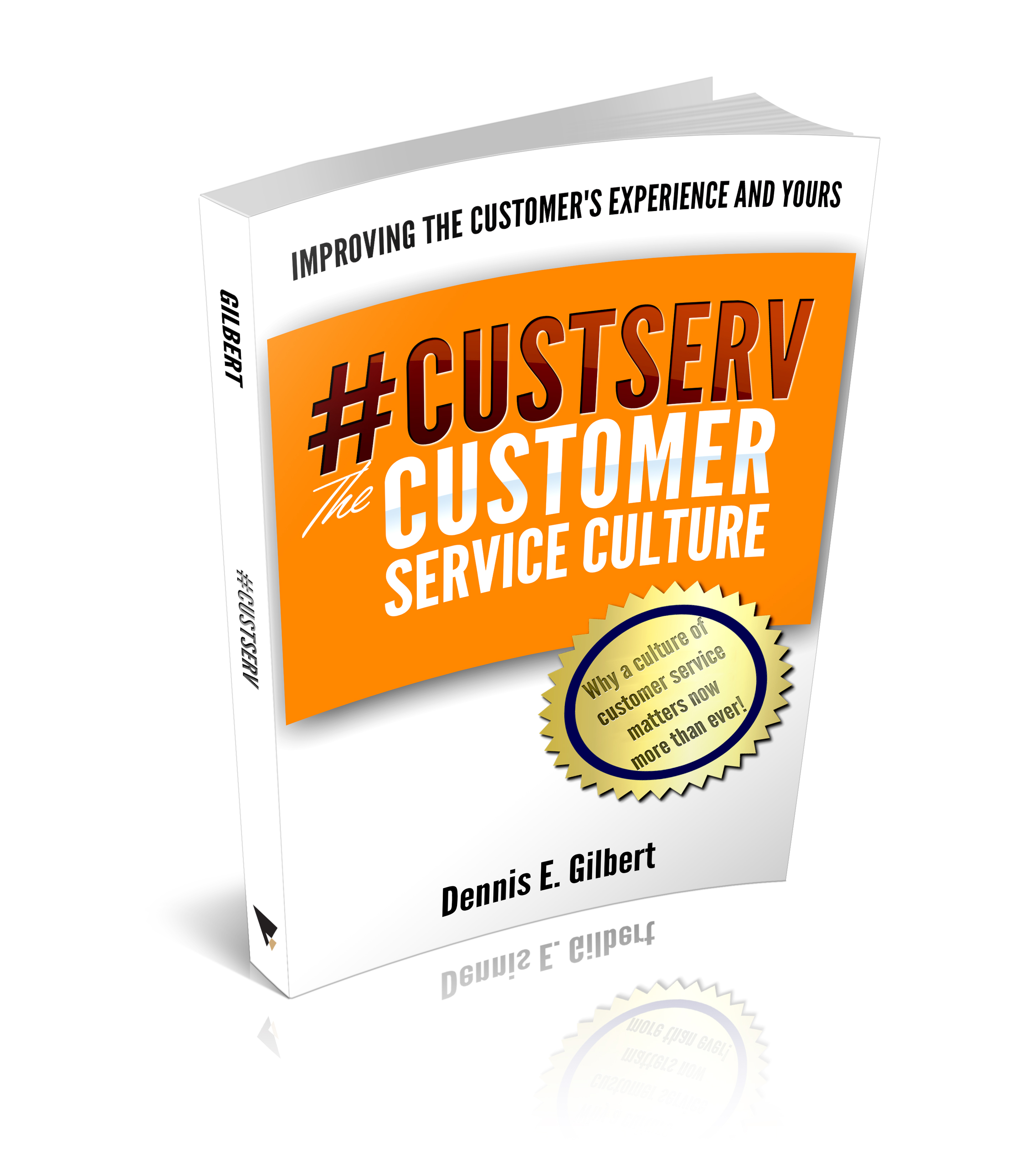
Is Internal Customer Service More Important?
I believe that we learn the basics of customer service at a very young age. Before we are teenagers we probably know something about friendliness, kindness, and the power of a smile. We may not realize the linkages of our life experiences to business performance, but the fundamentals of customer service are often present. What about internal customer service?

All grown up and active in the workforce we are often reminded of the need for enhancing these fundamental skills and in our job roles is where it really starts to count. We can recite cliché phrases such as “The customer is always right” or “Customer service is our core value,” and we quickly learn that anticipating customers’ needs before they ask is when we are performing really, really well.
No Rocket Science
In seminars I suggest that there isn’t any rocket science associated with customer service, but there is always plenty to learn. It’s more than just flashing a smile, being polite, and trying your hardest to meet or exceed expectations. I’m not surprised when participants quickly embrace all the fundamentals allowing us to dive deeper into skills related to examining needs and creating those lasting, unforgotten impressions. What does sometimes surprise me is that many people in the workforce don’t understand the need for internal customer service.

What do you think is more important: internal or external customer service?
Internal Customer Service
Internal customer service in its simplest terms is the practice of creating an exceptional customer-service experience–only instead of focusing on the external customer, we are doing it internally with peers, teams, supervisors, direct reports, and essentially everyone. Someone we’ve worked around for several months or several years doesn’t become someone who we should fail to serve, or disrespect, or in some way devalue or ignore. In fact, he or she may just represent the opposite. It seems easy to get onboard (wrongfully so) with the attitude that someone in another department, work group, or different corporate location really doesn’t matter all that much to our personal success; after all, we pride ourselves on putting our (external) customers first.

Communication or miscommunication is often blamed as the root cause for sabotaging the external customer experience, and, of course, there is plenty of evidence lending support to that conclusion. However, one question worthy of finding an answer to is how the actions or behaviors associated with internal customer service influence the external experience.
Most Critical
Internal customer service is critical for
- creating a “do as we do,” not a “do was we say” culture;
- discovering problems first before they go external;
- ensuring that respect and appreciation are core values;
- building foundations for energizing positive experiences; and
- uniting the team and creating a focus on the customer experience.
Perhaps the first step for any organization is to identify what internal customers means to its success. While there is likely a general workflow and specific positions or workgroups that are designated for internal support, sadly many employees fail to realize what internal customer service really means. Once the entire team understands and is committed to an exceptional internal service experience, the external experience will have the foundational support necessary to drive exceptional results.

In a world of narrow profit margins, competing technologies, and a service economy, your most important product may be your ability to create a positive, lasting, never-to-be-forgotten customer experience.
Is internal customer service more important? I think it definitely comes first.
– DEG

Dennis E. Gilbert is a business consultant, speaker (CSPTM), and corporate trainer that specializes in helping businesses and individuals accelerate their leadership, their team, and their success. He is a five-time author and some of his work includes, #CustServ The Customer Service Culture, and Forgotten Respect,Navigating A Multigenerational Workforce. Reach him through his website at Dennis-Gilbert.com or by calling +1 646.546.5553.





